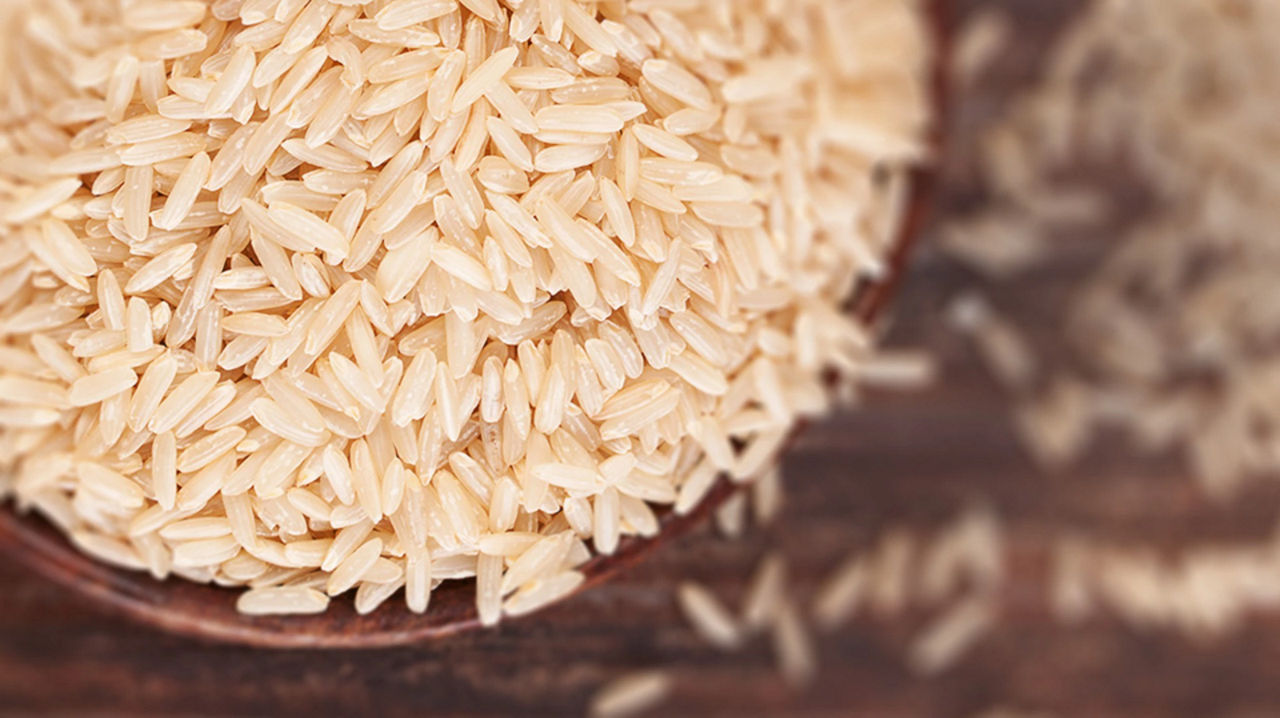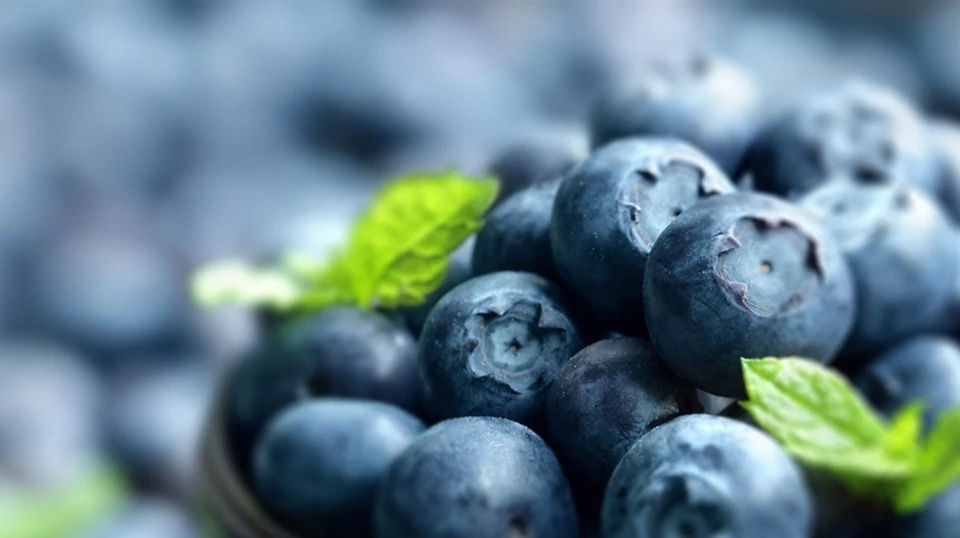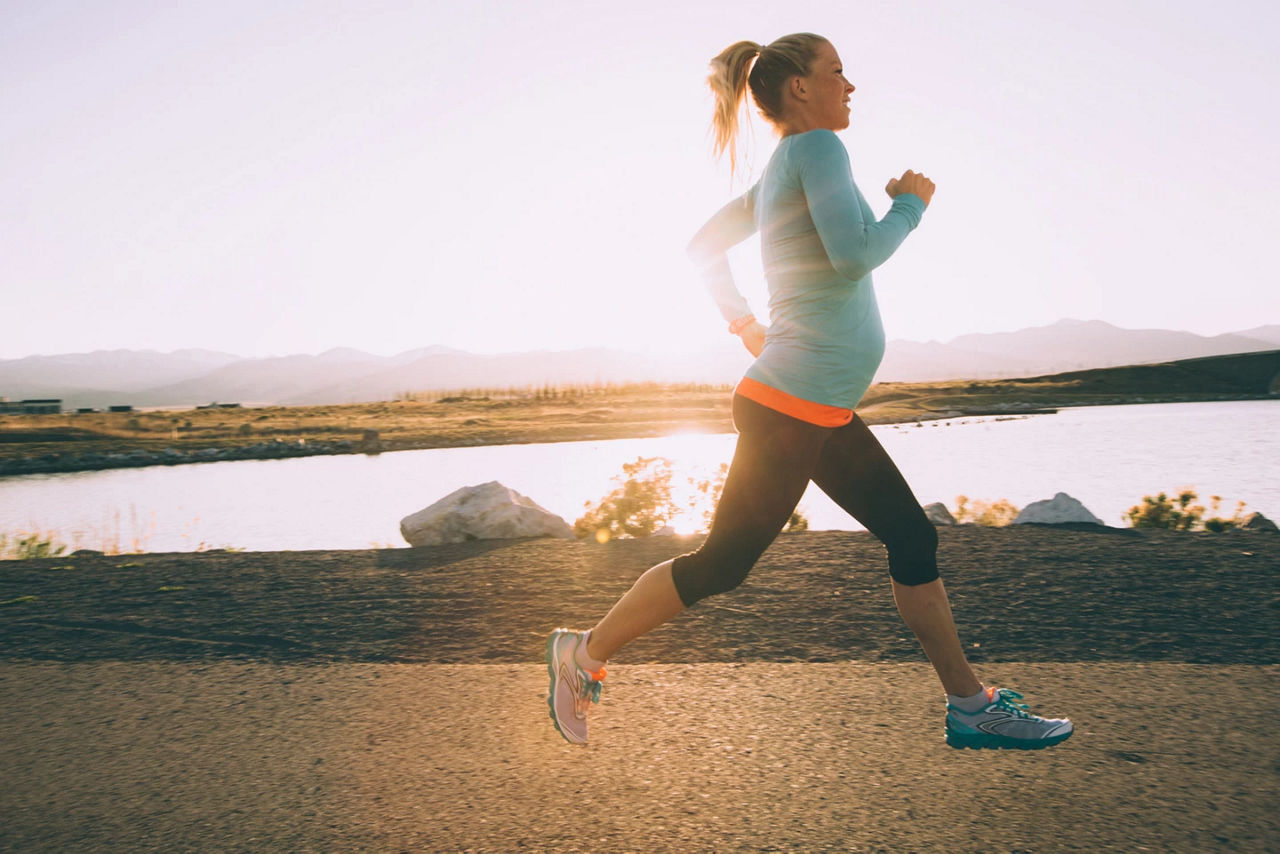At 13 weeks pregnant your baby will be around 7cm in size and weigh about 25g1, roughly the same as a small peach.
13 Weeks Pregnant: Pregnancy Symptoms & Baby Development

Explore pregnancy stages week by week
Baby development at 10 weeks
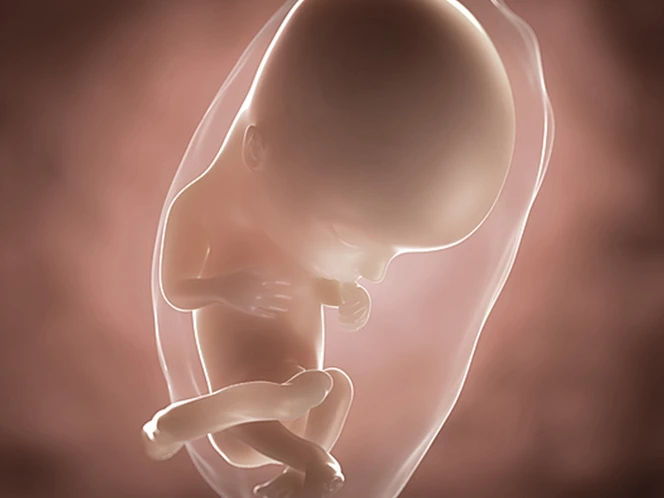
What does my baby look like? What size is my baby?
Your baby is now growing rapidly and is quite active, with lots of stretching, kicking and turning – although it’s unlikely you’ll feel their movements yet.
Other developments include your baby’s vocal cords2, as well as their eyes and ears, which are moving into position on their head3. Talking of which, your baby’s head will grow at a slower rate than the rest of their body so their proportions will start to look more human. By week 21 it will be around a third of the size of their body, but at birth it will be a quarter of the size3.
Inside your baby’s body, the liver and pancreas are starting to function. Depending on their sex, their ovaries or testes will be fully formed, and outside, genitals will now start developing too. However, it’s still a little early to determine their sex1.
Pregnancy at 13 weeks (second trimester)
What’s happening in my body?
It’s small, but you should be able to see your baby bump as your womb moves upwards and outwards. This is good news if you’ve felt the urge to pee lots: as your womb moves it will ease bladder pressure. (If you notice any pain while you pee, see your midwife or doctor, as you may have an infection.)
There’s a lot more blood in your pelvic area and some women find this sends their sex drive rocketing. Sex in pregnancy is perfectly safe, unless you’ve been told otherwise by your doctor or midwife4.
The other major development this week is your placenta. It should now be fully-developed but will continue to grow in size throughout your pregnancy5. Your placenta is connected to your baby through the umbilical cord and helps deliver oxygen, nutrients, hormones and antibodies to your child. It also removes waste from your baby. Yet, despite all this dedicated hard work, you won’t notice anything.
Pregnancy symptoms at 13 weeks
You may experience pains on the side of your belly. These are caused by your expanding womb (known as ‘round ligament pains’)4.
These are common early in pregnancy due to hormonal changes in your body. They can make you feel a little nauseous and possibly experience tummy ache4.
These digestive problems are caused by your baby growing into some of the space your stomach occupies, and your changing hormones4.
With more blood around your pelvic area, your body creates a milky fluid called leucorrhoea to keep your vagina clean and free from infection. If you notice it start to smell strongly, change colour or texture, then you may have an infection and should see your midwife4.
You may have started your second trimester, but that doesn’t mean symptoms like morning sickness, odd cravings, mood swings and spotting will clear overnight. Some can linger4.
The bad news is that your hormones make you more vulnerable to picking up gum disease. The good news is that you’re entitled to free dental care throughout your pregnancy, and for 12 months after your baby is born4.
Focus on fibre
Fibre is an important part of a healthy pregnancy diet, yet many women aren’t getting enough6. Learn how this plant-based substance helps keep you regular when you’re more susceptible to constipation, and which high-fibre foods can help with constipation.
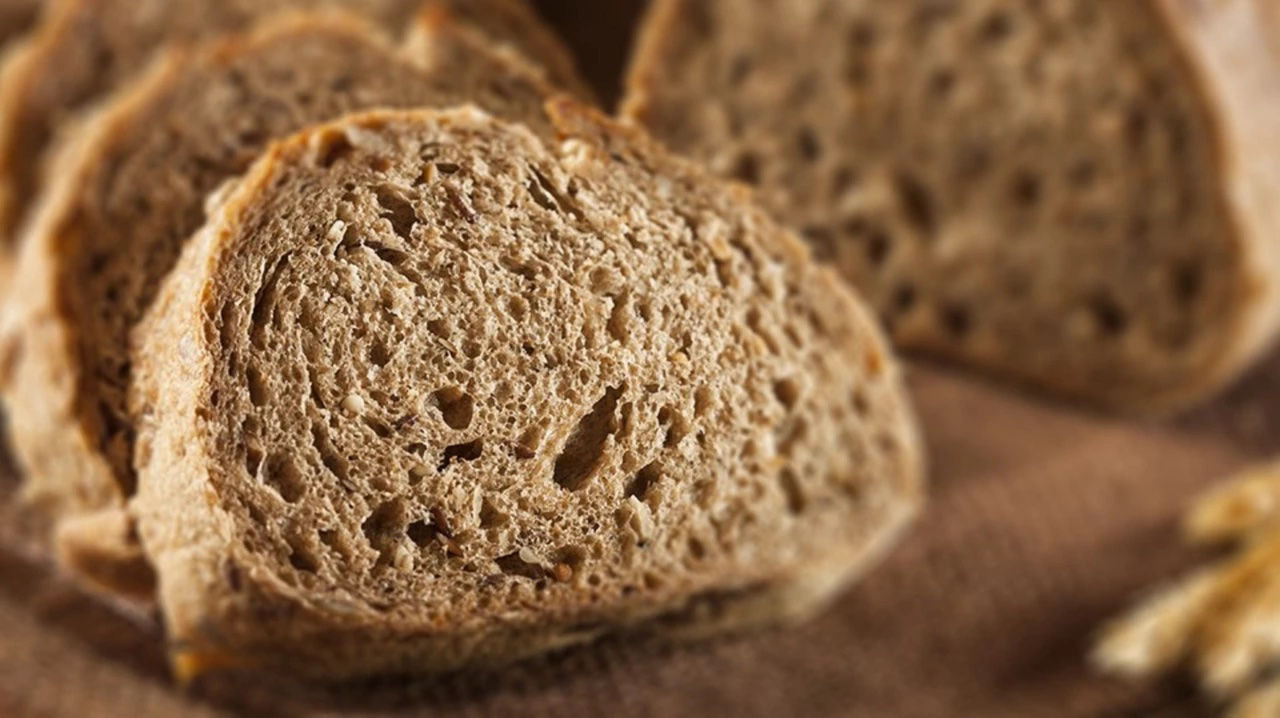
Fibre facts
Fibre is an important part of a healthy pregnancy diet as it keeps your digestive system running smoothly.
Found in plant-based foods, fibre is the part of the plant that your body can’t digest. By moving through the body, rather than being absorbed, it helps other waste to pass through more efficiently.
Research has also shown that a fibre-rich diet can help increase the number of good bacteria in your gut, and help them increase the production of protective substances like short-chain fatty acids7.
Key sources of fibre
- Bran and wholemeal flour – found in many breakfast cereals and bread.
- Oats – eat porridge for a fibre-rich start to the day.
- Brown rice – opt for this high-fibre version over white varieties.
- Root vegetables – carrots and potatoes are good sources.
- Fruit – including dried fruit. Apricots and figs are especially rich in fibre.
Flaxseed is an increasingly popular supplement as it’s rich in fibre and nutrients including omega oils. However, it isn’t recommended for pregnant or breastfeeding women due to contradictory findings about its potential health benefits in your baby8.
The science behind Fibre, powered by Nutricia
There are two types of fibre: soluble and insoluble. Insoluble fibre does’t dissolve in water and isn’t broken down by the body. Instead, it passes through your system, absorbing water along the way and helping other foods move through.
Soluble fibre absorbs water, making stools softer and easier to pass. It also binds with cholesterol and fatty acids, slows the rate of sugar absorption and maintains natural PH levels of the intestine7. Fibre also lowers cholesterol levels and can help reduce your risk of heart problems.
related articles
Read More

Get in touch with our Careline experts
Our nutritionists and feeding advisors are always on hand to talk about feeding your baby. So if you have a question, just get in touch
- NHS UK. You and your baby at 13-16 weeks pregnant [Online]. 2013. Available at: www.nhs.uk/conditions/pregnancy-and-baby/pages/pregnancy-weeks-13-14-15-16.aspx Page last reviewed: 17 July 2018. Next review due: 17 July 2021.
- Murkoff H, Mazel S. What to Expect When You’re Expecting. 4th ed. London: Simon & Schuster Ltd, 2009.
- Curtis GB, Schuler J. Your pregnancy week by week. 7th ed. Cambridge: Fisher books, 2011.
- NHS UK. Week 13 – your second trimester. [ONLINE] Available at: https://www.nhs.uk/start4life/pregnancy/week-by-week/2nd-trimester/week-13/ [Accessed: November 2019]
- 13 weeks pregnant: advice, symptoms and what to expect [ONLINE] Available at: https://www.motherandbaby.co.uk/pregnancy-and-birth/pregnancy/pregnancy-week-by-week/week-13-thirteen-weeks-pregnant [Accessed: November 2019]
- NHS UK. Why is fibre important? [Online]. 2013. Available at: www.nhs.uk/chq/Pages/1141.aspx?CategoryID=51&SubCategoryID=167 Page last reviewed: 1 August 2018. Next review due: 1 August 2021.
- British Nutrition Foundation. Dietary Fibre. [ONLINE] Available at: https://www.nutrition.org.uk/healthyliving/basics/fibre.html [Accessed November 2019]
- WebMD. Elaine Magee, MPH, RD. The Benefits of Flaxseed. Page 3: Who shouldn’t use flaxseed. [ONLINE] Available at: https://www.webmd.com/diet/features/benefits-of-flaxseed#2 [Acessed: November 2019]
Last reviewed: 18th December 2019

